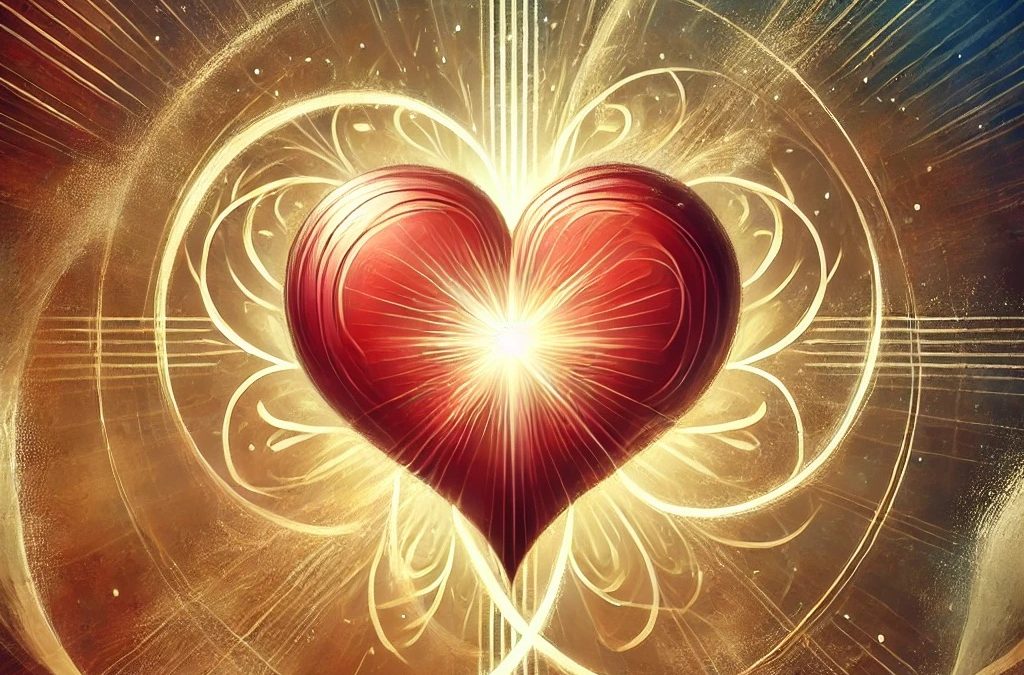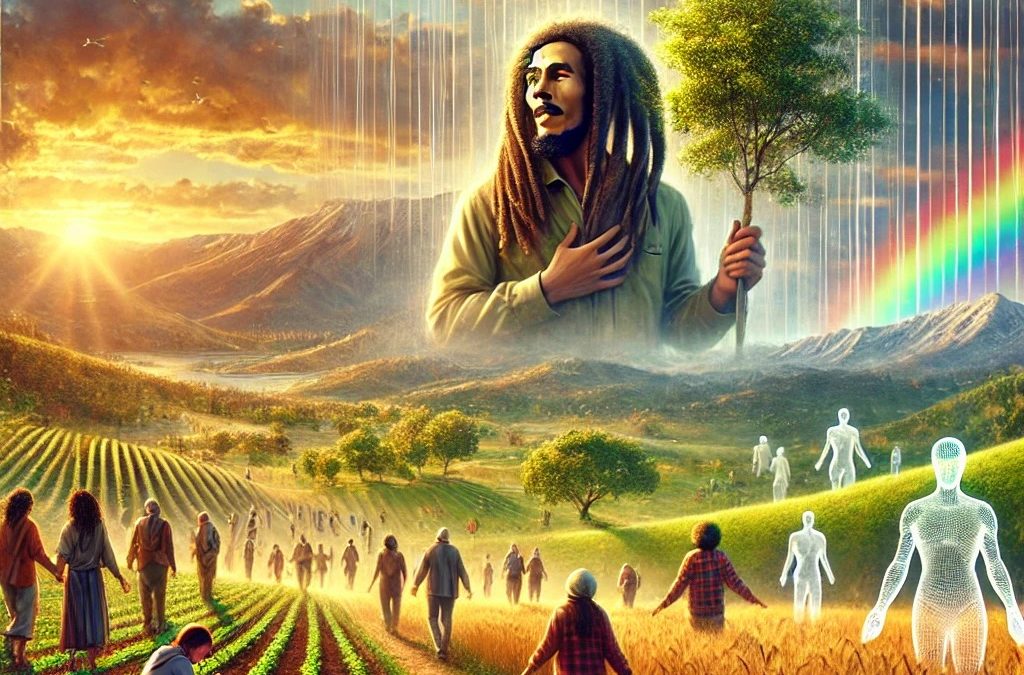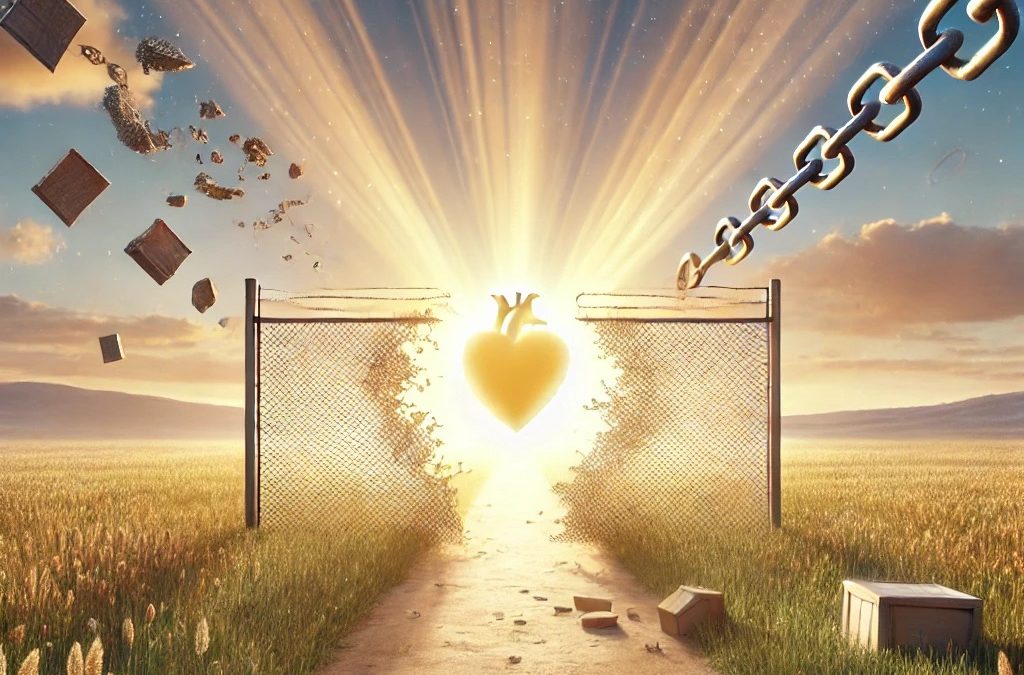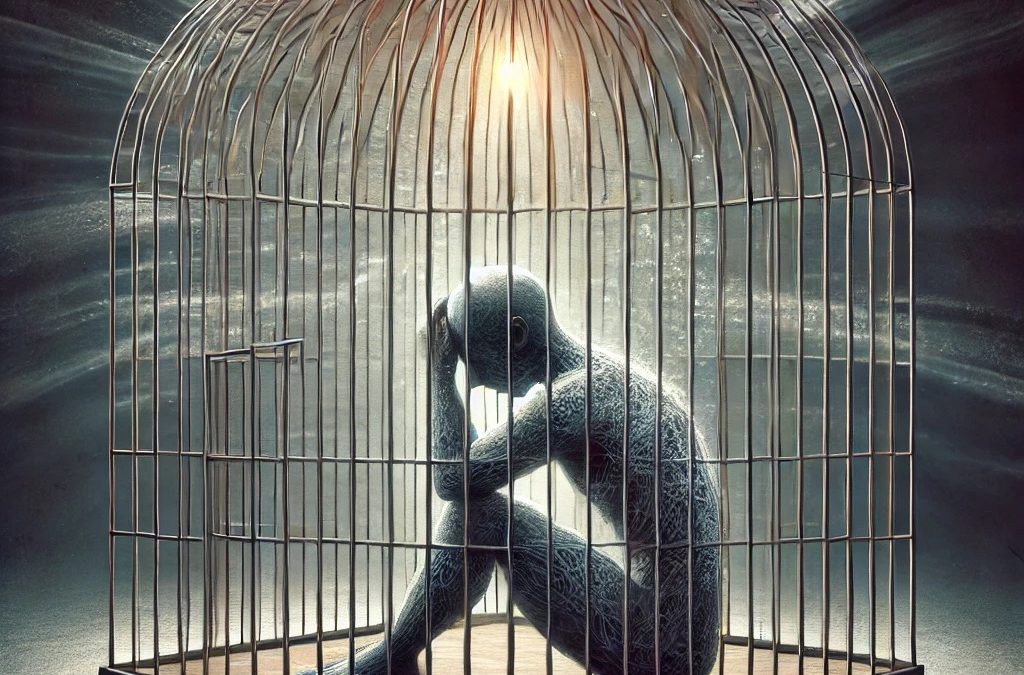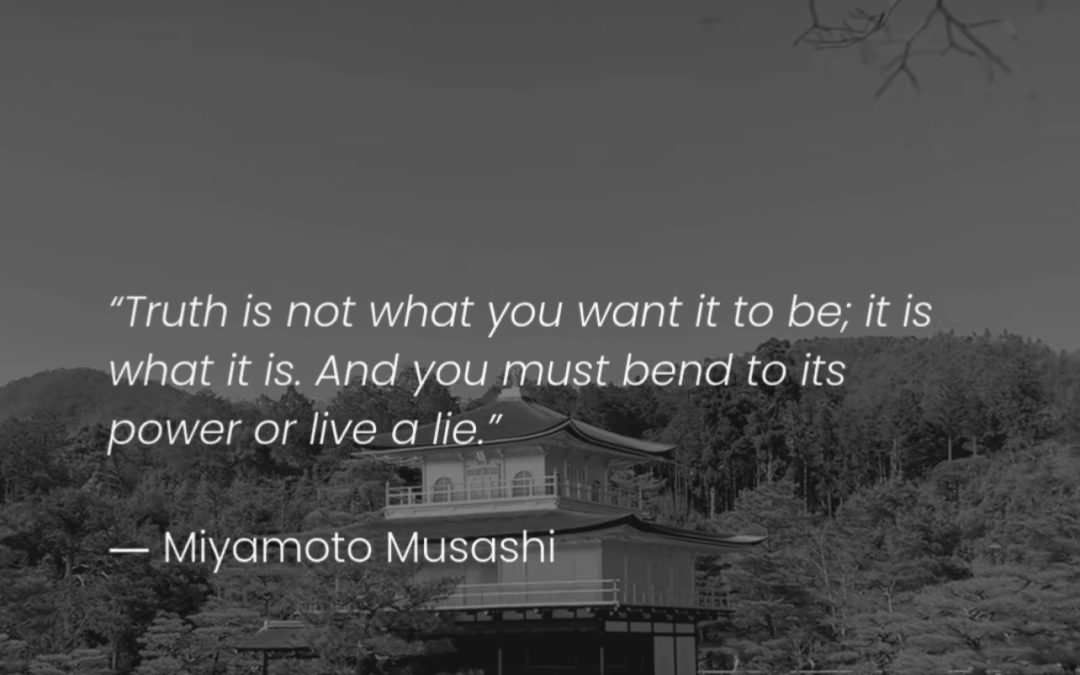
by samfrida | Oct 17, 2024 | Blog
This quote is a perfect reminder that true wisdom goes beyond what we learn in books or from formal education. It comes from a deeper place—experiencing and feeling life fully. You can hold a degree or even multiple titles, but if you haven’t lived those experiences...

by samfrida | Oct 17, 2024 | Blog
I’m not particularly driven by politics, but stepping back and watching the current political landscape feels like observing two kids at school, each representing their own group. It’s no longer about intelligent policies; it’s become a battle of personalities. To be...

by samfrida | Oct 14, 2024 | Blog
When someone tries to love you, you let them.

by samfrida | Oct 12, 2024 | Blog
Applicable to both mental and physical oppression. We create a war within us, when we are silenced and oppressed. We create a war when we oppress others.

by samfrida | Oct 12, 2024 | Blog
Being real isn’t always perceived as kind, but for me, there’s no other way. To be anything less than real would feel like living a lie.
